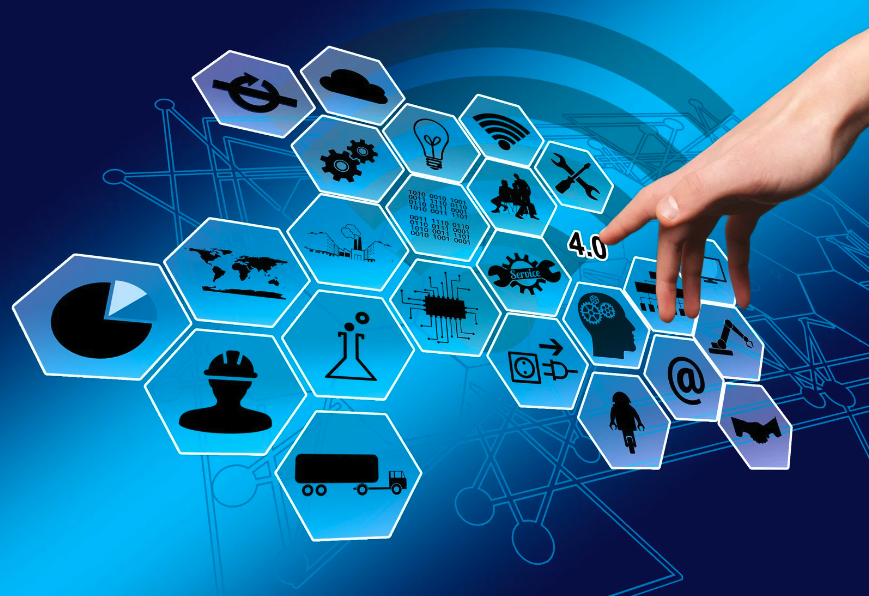In 2019, Dr. Stephen Thaler, a computer scientist, filed two applications with the United States Patent and Trademark Office (USPTO) for two inventions devised by DABUS. DABUS, which is shorthand for the Device for the Autonomous Bootstrapping of Unified Sentience, is an AI system developed by Dr. Thaler. The two inventions were a new design prototype for a beverage holder and a new kind of flashing light.
Securing a patent is a rigorous process, as patent laws have a high bar for what can be deemed a patentable invention. Indeed, the subject of the patent needs to be undoubtedly novel, non-obvious, and must have utility in industrial and commercial applications. In Dr. Thaler’s case, however, any questions around the novelty of the two inventions are a red herring—because the real point of contention is the question of inventorship.
That’s because Dr. Thaler, in what is widely considered to be the first patent application of its kind, identified an AI system (DABUS) as the sole inventor of the two inventions.
To be clear, unlike inventorship, the ownership of the patent was never in question. Dr. Thaler merely listed the AI system that he created as the inventor while identifying himself as the patent owner in his applications.
Ultimately, the notion that an AI system could be an inventor was found to be fundamentally at odds with how the USPTO defined “inventor.” While rejecting Dr. Thaler’s applications, it noted that only “natural persons” can be named as inventors in patent applications and that Dr. Thaler’s application was therefore incomplete as no human had been identified as an inventor.
Editor’s Note: The application had a different, more winding story in Australia, where Dr. Thaler also applied for patents. Read more about its initial approval here, and its reversal here.
Can AI Devise New Inventions?
AI models are actively aiding the discovery of new drugs, helping automotive designers create new parts, and aiding in the prototyping of new kinds of machinery and architectural designs. They’re even helping to create fine art—and winning prizes for it.
But what happens when AI models generate an altogether new invention with little to no human involvement? As DABUS proves, such a situation is not outside the realm of possibility. Dr. Thaler’s legal team has argued that even though Dr. Thaler spent over a decade building DABUS, he could not have devised the two inventions as he has no expertise in designing beverage containers or flashlights.
According to MIT Technology Review, AI is being used to try to invent new materials in cleantech applications such as organic solar cells and batteries for storing power on the electric grid. A paper co-written by economist Iain M. Cockburn argues that AI’s greatest economic contribution could stem from its potential as a new “method of invention” that ultimately reshapes “the nature of the innovation process and the organization of [research and development].”
Many courts around the world, however, do not seem to share this view. In the United States specifically, upholding the USPTO’s decision on Dr. Thaler’s patent applications, the District Court for the Eastern District of Virginia stated that “there may come a time when artificial intelligence reaches a level of sophistication such that it might satisfy the accepted meaning of inventorship. But that time has not yet arrived, and, if it does, it will be up to Congress to decide how, if at all, it wants to expand the scope of patent law.”
Unintended Outcomes
Dr. Thaler and his legal team are waging a global litigation campaign to obtain the status of inventorship for DABUS. Called the Artificial Intelligence Project, the group has so far submitted patent claims in more than a hundred countries.
The impetus behind undertaking this global effort is to generate public awareness on the need to protect AI-generated inventions. In his arguments, Dr. Thaler has emphasized that limiting the definition of “inventor” to humans alone would discourage innovation as it would disincentivize companies from using AI to devise new inventions; such an outcome, he argues, would run counter to the very purpose of patent laws, which is to promote innovation. However, his argument failed to convince the US Appeals Court, which dismissed any concerns that denying inventorship to AI would undermine the purpose of patent law. Courts in the US are not alone in finding Dr. Thaler’s patent application to be unacceptable on the grounds that patent inventors must be human. So far, courts and patent offices in the UK, Europe, Australia, and New Zealand have ruled against him. In contrast, South Africa is the only country to have granted Dr. Thaler’s patent application.
Nitant Narang is a member of the marketing team at Relativity






